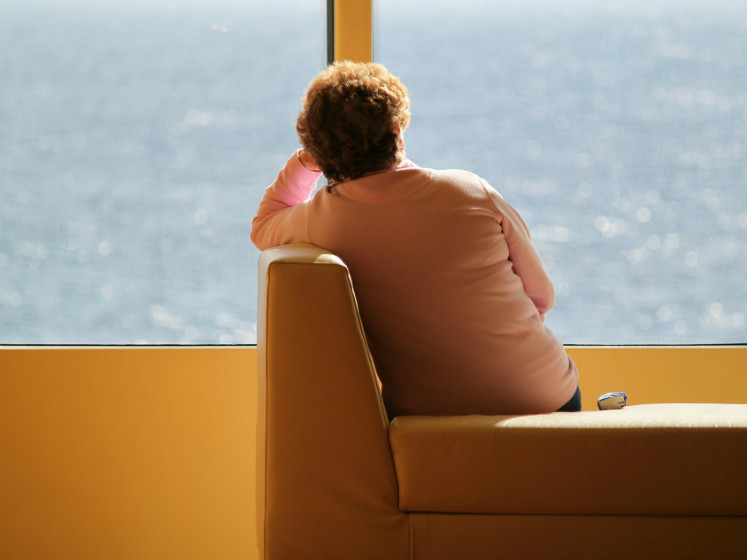
Many autistic people found that COVID communications from the government were hard to understand and access to education during the pandemic was inconsistent, according to a new report out today (Wednesday 21 July) from the London School of Economics and Political Science (LSE).
Changing restrictions and the impact of lockdown on usual routines had a negative effect on mental health. The pandemic also led to limited access to health and social care services and issues with grocery shopping which caused anxiety.
These are some of the key findings from The Impact of COVID-19 on Autistic People in the United Kingdom, Final Report from the Policy Innovation and Evaluation Research Unit (PIRU). This is a collaboration between LSE’s Care Policy and Evaluation Centre, the London School of Hygiene & Tropical Medicine and Imperial College Business School.
The study found that government messaging around COVID was not always understandable and led to heightened stress and anxiety. Some autistic people reported being scared to leave their homes for fear of inadvertently breaking lockdown and masking rules.
In addition to anxieties around correctly adhering to the rules, the researchers found that some autistic people had difficulty adapting to new behaviours such as social distancing. Coming out of lockdown and reintegrating with the world was another source of concern.
Disruption of established routines because of the pandemic led to both emotional and behavioural problems for some autistic adults and children, not helped by loss of access to regular support systems.
The written instructions for COVID tests were also found to be hard to understand and the government press conferences were described as hard-to-follow. One person interviewed as part of the study said they felt “autistic people were an afterthought.”
Service provision and respite care during the first national lockdown was described as patchy and fragmented, with social distancing requirements in day and transport provision reducing access to those services. Concerns were also raised about an increase in waiting times for an autism diagnosis.
However, the researchers found that, while many autistic people have struggled during the pandemic, some have had positive experiences. For example, not having to go to school or socialise and spending more time with close family has brought relief to some.
The study was commissioned by the Department of Health and Social Care (DHSC) to explore the impacts of COVID-19 on autistic people.
Commenting on the research, Dr Sarah Pais, lead author of the report, said: “Ongoing attention should be paid to the longer-term implications of the pandemic for autistic people and their families. This is especially the case for educational opportunities, health, employment and social inclusion – all of which have profound effects on quality of life.”
The research was conducted using a rapid literature search including policy documents, discussion papers and reports from third sector and other bodies, and articles in the media. An insight group of autistic people and family members were also consulted, and the researchers engaged with national autism charities and service providers.
Commenting on the findings, Professor Martin Knapp, co-author of the report and research lead said: “It is important to recognise that every autistic person is an individual. Many people lead completely independent lives, and their autism may be invisible to those around them. Our report could obviously not reflect the full range of experiences.”